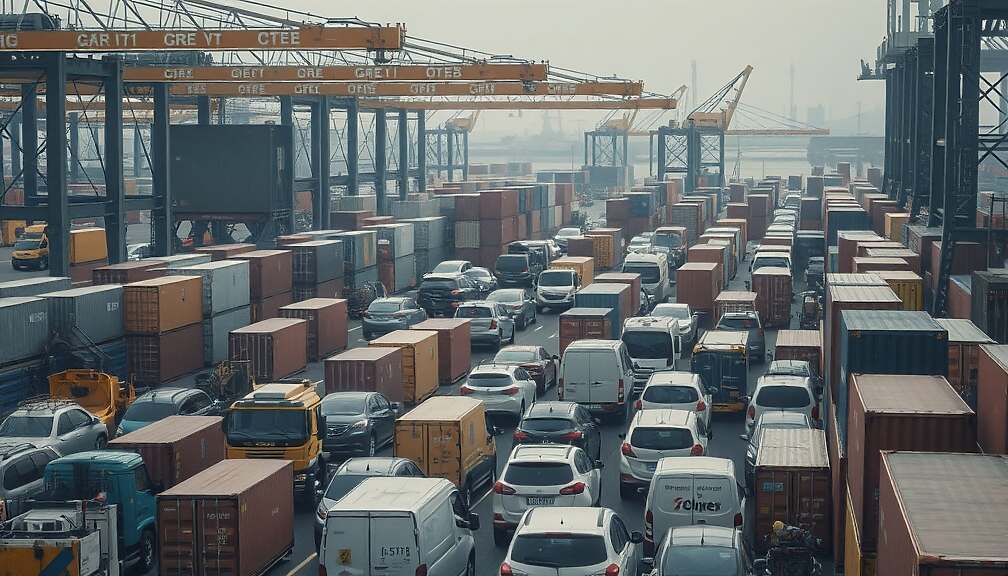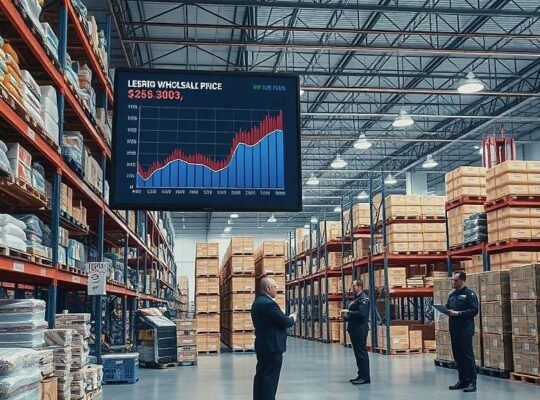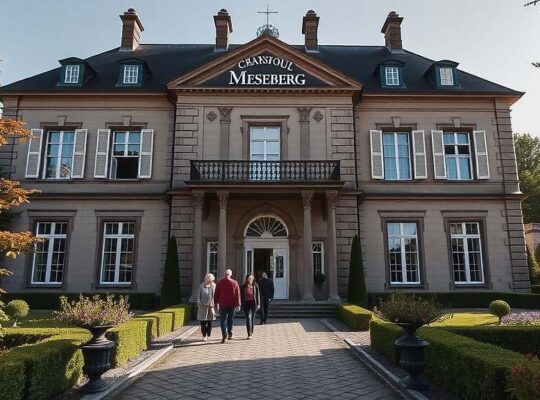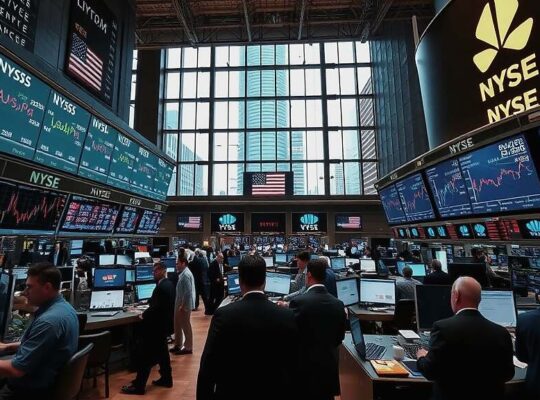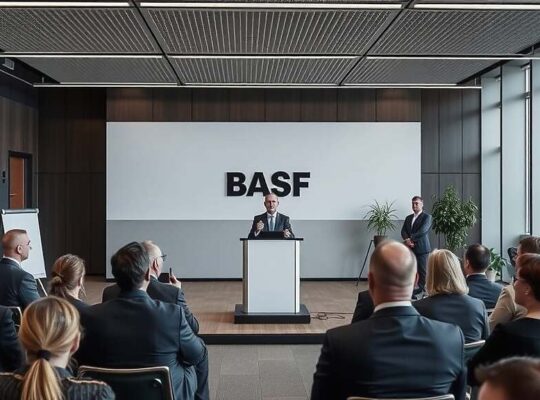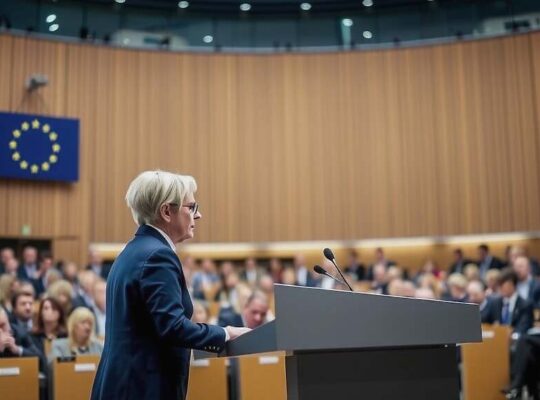The leadership of K+S, a major German potash and salt producer, is issuing a stark warning to policymakers regarding escalating rail transport costs, raising concerns about potential industrial job losses and the long-term viability of German production sites. Christian H. Meyer, CEO of K+S, voiced his concerns in an interview with the Tagesspiegel, highlighting a precarious situation developing due to a planned increase in rail track access charges, often referred to as “Trassenpreise.
Meyer emphasized that further increases in these charges, already significantly elevated following a 16.2% hike at the start of the year and anticipated to rise again substantially by the December 2025 timetable change, pose an existential threat to the company’s operations. He estimates the planned increase will burden K+S by a double-digit million euro sum by 2030, directly impacting profitability and forcing difficult decisions about production location.
The increase stems from a government decision to inject substantial equity capital into DB Infrago, a DB subsidiary responsible for rail network maintenance. This funding necessitates that Infrago generate revenue, largely through these track access charges. While the infrastructure investment is ostensibly aimed at modernizing the rail network, the resulting cost transfer to industries relying on rail freight is drawing considerable criticism.
Meyer’s alarm isn’t merely about corporate financial pressures; he frames the situation as a matter of national economic policy. He argues that the current trajectory risks creating a self-defeating dynamic, where necessary infrastructure investment undermines the industries it’s intended to support. He is calling on the government to offset the increased rail costs through increased subsidies for freight rail services – a move he believes is crucial to prevent “false traffic policies” that jeopardize industrial jobs.
The situation casts a critical light on the government’s approach to balancing infrastructure development and industrial competitiveness. Critics are questioning whether the current strategy is simply shifting the burden onto crucial sectors, potentially pushing production-and associated employment-to more cost-competitive locations outside of Germany and undermining the nation’s industrial base. The K+S warning adds significant weight to an ongoing debate about the long-term consequences of prioritizing rail infrastructure financing through escalating user fees.


